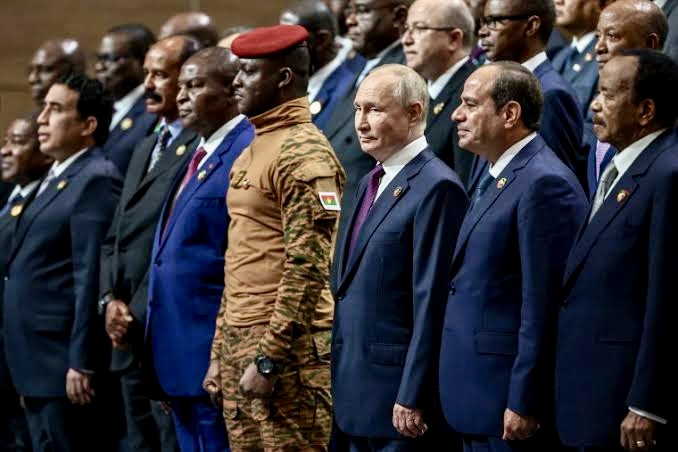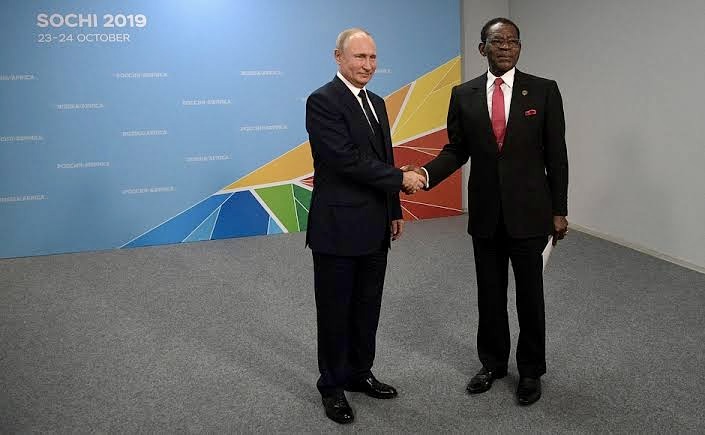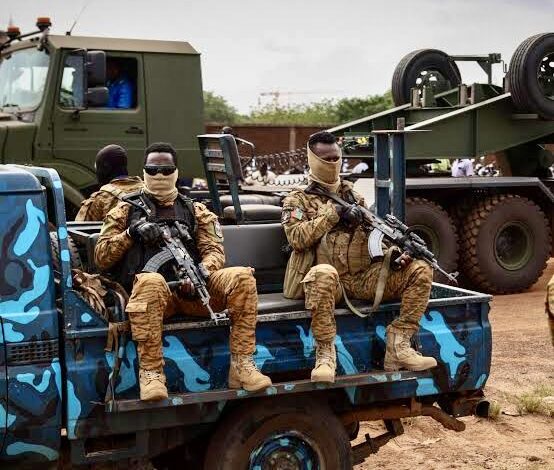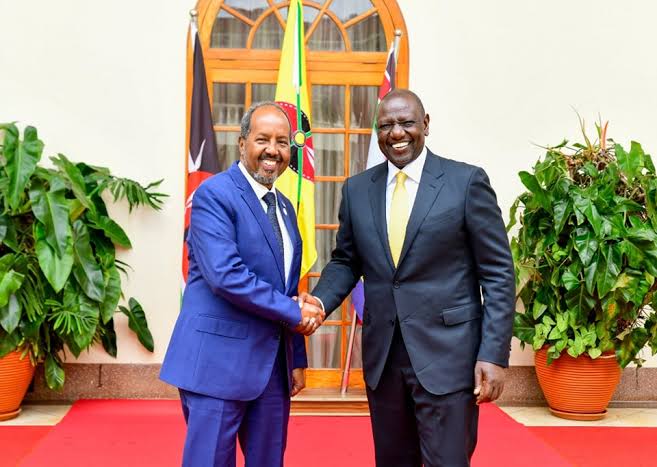
Faith Nyasuguta
Russia’s ambition to solidify its presence in Africa is becoming increasingly evident, with plans to establish its embassy in another African country in the coming weeks. This move is part of a broader strategy by Russia to assert its influence in the continent and challenge the dominance of Western powers.
According to a report by the Russian newspaper Sputnik, Equatorial Guinea is set to host a Russian embassy soon, marking another step in Russia’s efforts to deepen its engagement with African nations.
Vsevolod Tkachenko, the head of the Russian Foreign Ministry’s Department of Africa, announced this development during a forum in Moscow, highlighting Russia’s commitment to expanding its diplomatic footprint across Africa.
“We have already opened our embassy in Burkina Faso not so long ago. In the coming weeks, our diplomatic mission in Equatorial Guinea will start its work,” Tkachenko stated.
He emphasized that Russia is responding to the requests of its African partners to restore diplomatic relations, indicating a growing interest in fostering closer ties with the continent.
The decision to reopen the embassy in Burkina Faso after a 32-year hiatus exemplifies Russia’s proactive approach to reengaging with African nations. This move underscores Russia’s desire to strengthen bilateral relations and pursue mutual interests with African partners.
The reopening of the embassy signifies a strategic shift in Russia’s foreign policy towards Africa, following years of relative disengagement after the end of the Cold War.

Russia’s diplomatic initiatives in Africa are not merely symbolic but part of a broader geopolitical strategy aimed at countering Western influence on the continent. By expanding its diplomatic presence and enhancing cooperation with African countries, Russia seeks to establish itself as a key player in shaping the region’s political and economic landscape.
Recent surveys indicate that Russia’s efforts are yielding positive results, as its popularity in Africa surpasses that of the United States. According to a Gallup survey, Russia garnered a 64% approval rating in 2023, outperforming the US, which received a 56% approval rating. This shift in public perception reflects Africa’s growing receptiveness to Russia’s overtures and its willingness to diversify its international partnerships.
As Russia deepens its engagement in Africa, concerns arise about the implications for regional dynamics and the balance of power. The growing influence of Russia in Africa could alter the geopolitical calculus and create new opportunities and challenges for both African nations and global stakeholders.
Russia’s efforts to establish diplomatic missions in African countries signal its commitment to strengthening ties with the continent and expanding its sphere of influence.
RELATED:




